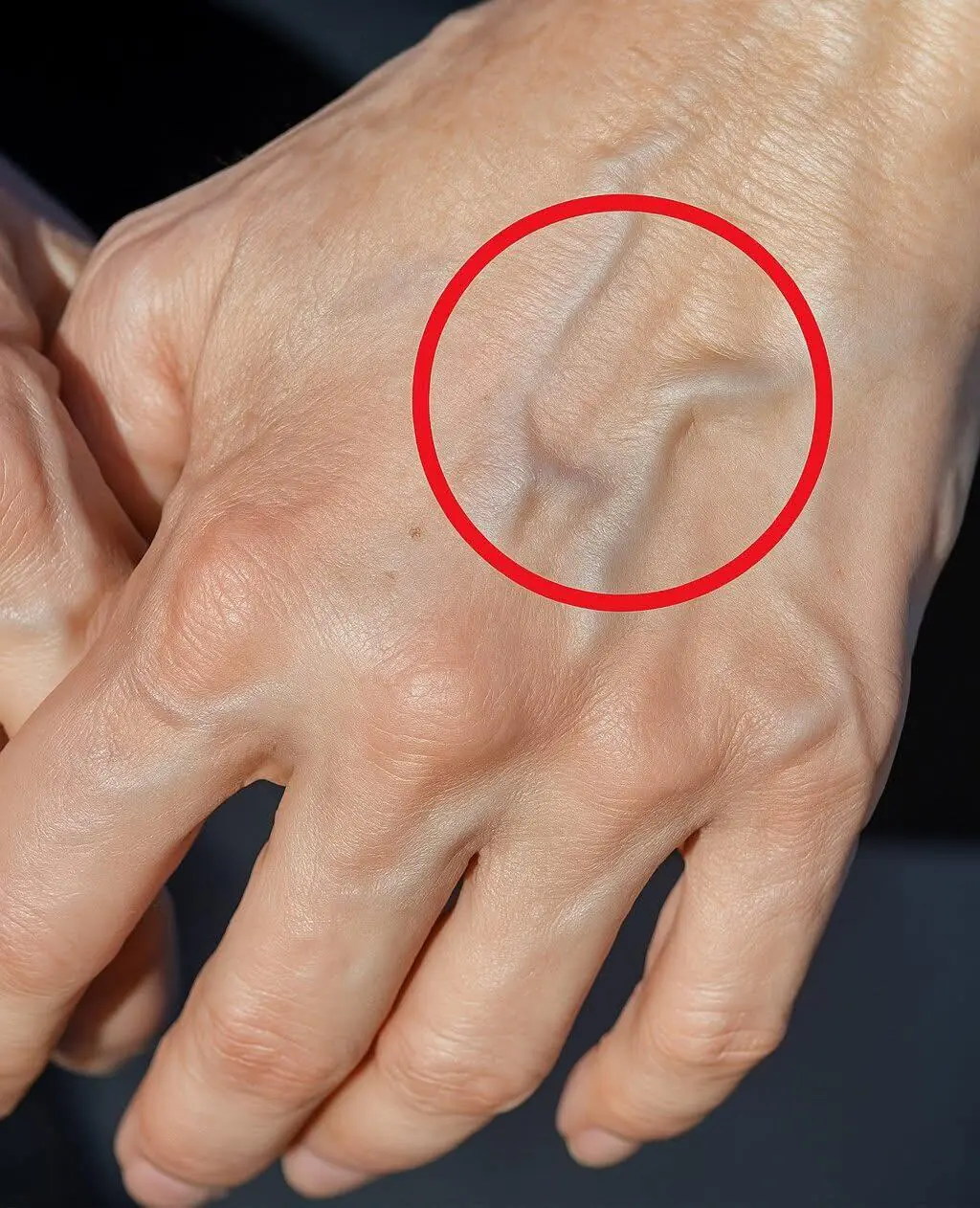
Nightly leg cramps? Discover why they happen and how to stop them!
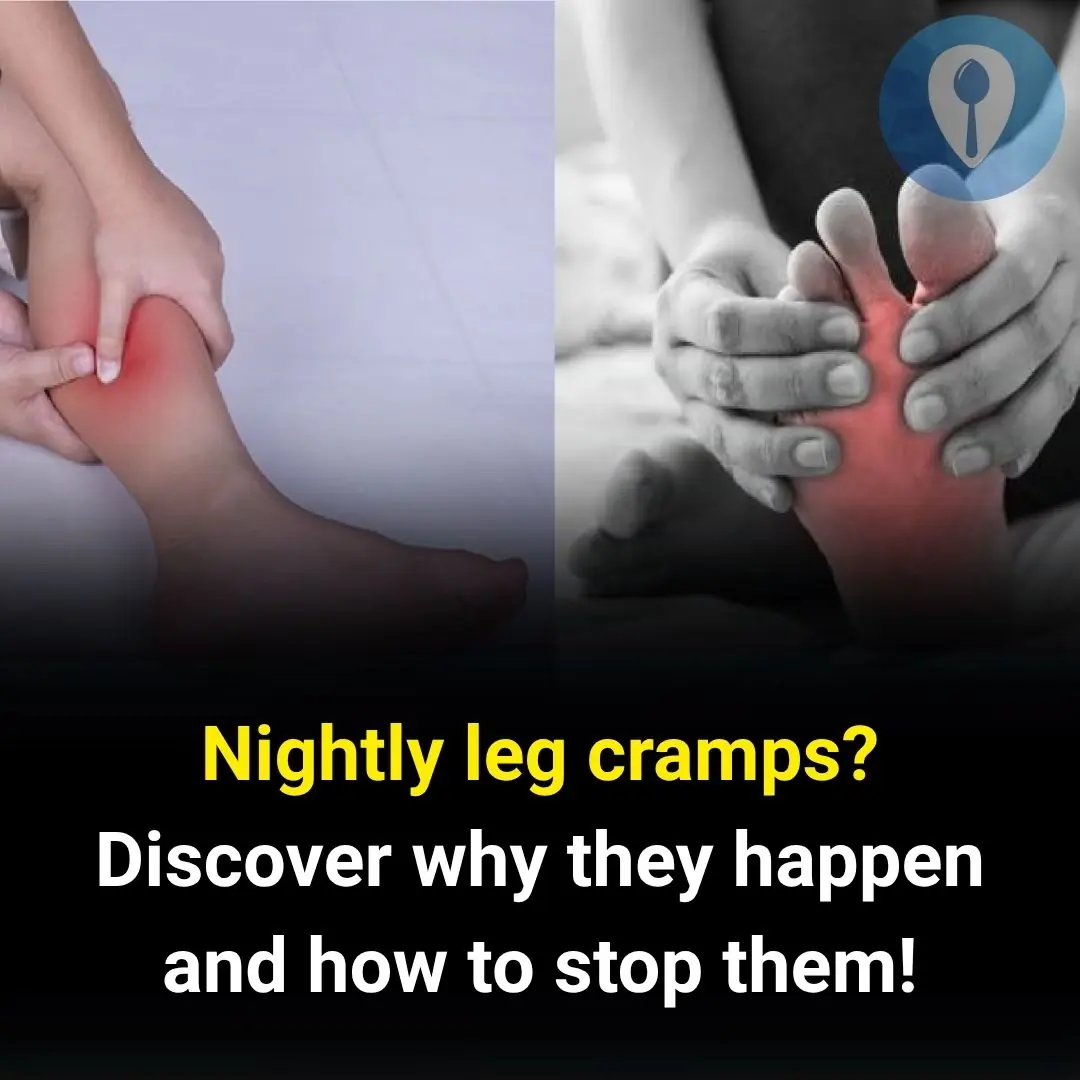
Muscle cramps, or “charley horses,” are unexpected and often painful spasms, typically affecting the legs, especially during sleep. These cramps result from the sudden contraction of muscles and can severely disrupt sleep and cause discomfort. While they are usually harmless, frequent or intense cramps can be a sign of underlying health issues or lifestyle factors.
What Are Charley Horses?
The term “charley horse” refers to involuntary muscle spasms that occur unexpectedly. These cramps can affect various muscles but most often occur in the legs, particularly the calf muscles. Charley horses can strike while moving or during rest, especially at night. They tend to last only a few minutes, but the intensity can vary, leading to significant discomfort or even temporary immobility.
Most cases of charley horses are not serious, but recurrent cramps may lead to sleep disruption and anxiety around bedtime. “I would wake up in the middle of the night, clutching my leg in pain,” one sufferer described. It’s essential to understand what causes these cramps to manage them better and reduce their frequency.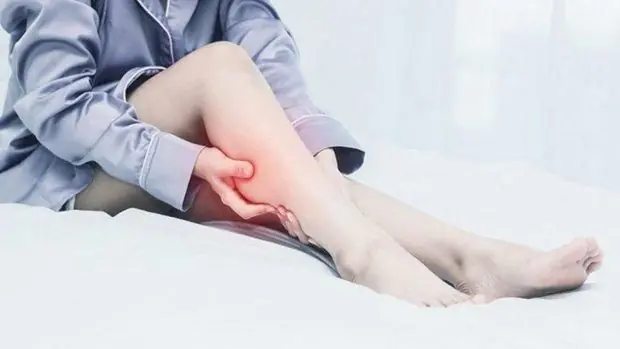
Causes of Muscle Cramps
While there is no single cause for muscle cramps, several factors may contribute to their onset:
- Dehydration: One of the most common causes of muscle cramps is dehydration. When your body lacks fluids, it can lead to an imbalance of electrolytes like potassium, sodium, and magnesium, which are crucial for muscle function. Inadequate electrolyte levels can trigger muscle spasms.
- Overexertion: Engaging in intense physical activity, particularly when muscles are tired or overworked, can lead to cramping. This is especially true for athletes who may push their muscles beyond their limits, causing muscle fatigue and cramps.
- Poor Circulation: Conditions that reduce blood flow to the muscles, such as peripheral artery disease, can also trigger cramps. Reduced blood flow leads to a lack of oxygen and nutrients, which are necessary for muscle function.
- Nerve Compression: In some cases, charley horses may be due to nerve compression in the spine. This type of cramping is often related to sciatica or other conditions that affect the nerves running through the legs.
- Mineral Deficiency: A lack of essential minerals, such as calcium or magnesium, can lead to cramping. These minerals play a vital role in muscle contraction and relaxation, and a deficiency can increase the likelihood of muscle spasms.
- Medications: Certain medications, like diuretics, may contribute to muscle cramps by causing fluid loss or altering electrolyte balance. If you’re experiencing frequent charley horses and are on medication, it may be worth consulting your doctor to explore possible links.
Prevention and Management of Charley Horses
To manage or prevent muscle cramps, it’s essential to address potential underlying causes. Here are a few strategies to help:
- Stay Hydrated: Drinking plenty of water throughout the day can help prevent dehydration and the resulting muscle cramps. If you engage in physical activities that cause you to sweat a lot, be sure to replenish lost electrolytes with sports drinks or foods high in potassium, such as bananas.
- Stretch Regularly: Incorporating stretching exercises into your routine can keep muscles limber and reduce the risk of cramps. Stretching before bed can be particularly helpful for those who experience nighttime charley horses.
- Warm Up Before Exercise: Before engaging in any physical activity, be sure to warm up your muscles to reduce the risk of overexertion. Stretching and gentle movements can prepare your muscles for more strenuous exercise, lowering the chance of cramping.
- Wear Comfortable Footwear: Shoes that provide adequate support can help improve circulation and reduce the risk of muscle fatigue. If you suffer from frequent cramps, switching to more supportive footwear could make a difference.
- Correct Mineral Deficiencies: Ensure you’re getting enough essential minerals by including foods rich in potassium, calcium, and magnesium in your diet. You may also consider supplements if your diet lacks these nutrients.
- Use Heat or Ice Therapy: Applying heat to cramping muscles can help relax them, while ice can reduce inflammation. Alternating between the two can be particularly effective for managing recurring cramps.
- Massage the Affected Muscle: Gently massaging the cramping muscle can help increase blood flow and relieve the tightness. You can also try flexing the muscle, pulling your toes upward if the cramp is in your calf, to stretch and release tension.
When to See a Doctor
While charley horses are generally harmless, frequent or intense cramps can be a sign of a more serious underlying condition, such as a circulatory issue or nerve problem. If your cramps persist or interfere with your quality of life, it may be time to consult a healthcare provider.
“I tried everything—hydrating, stretching, even changing my diet—but the cramps just kept coming,” said one individual. “It wasn’t until I spoke with my doctor that I realized there was an issue with my circulation.” Seeking medical advice can help identify if there’s an underlying issue that requires more targeted treatment.
Conclusion
Charley horses, while typically not dangerous, can be incredibly uncomfortable and disruptive, especially if they occur frequently at night. Addressing potential causes such as dehydration, overexertion, or mineral deficiencies can help reduce the likelihood of these painful cramps. Simple lifestyle changes like stretching, staying hydrated, and ensuring proper nutrient intake can make a significant difference. If your cramps persist despite these measures, it may be time to consult a doctor for further evaluation.
News in the same category


All The Things You Need to Know About Nighttime Urination And When To Start Worrying
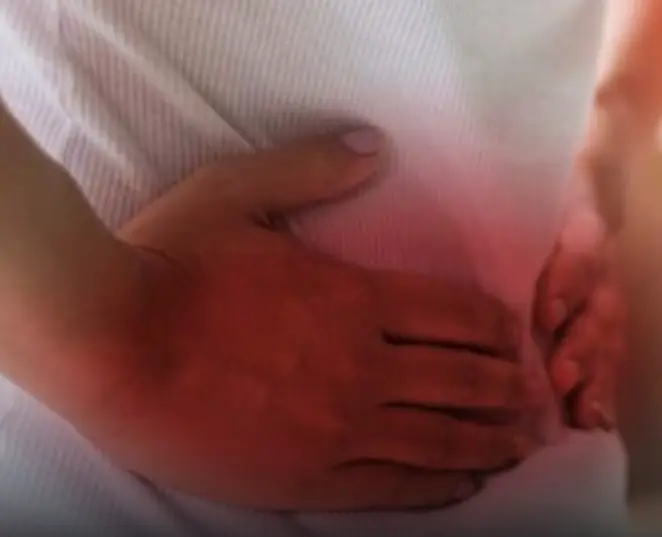
Umbilical Hernia: Causes, Symptoms and Treatment
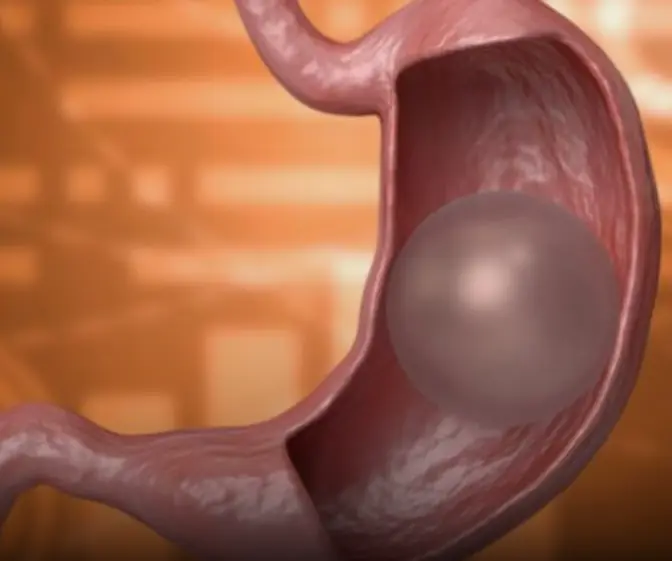
What happens if the gastric balloon bur.sts?
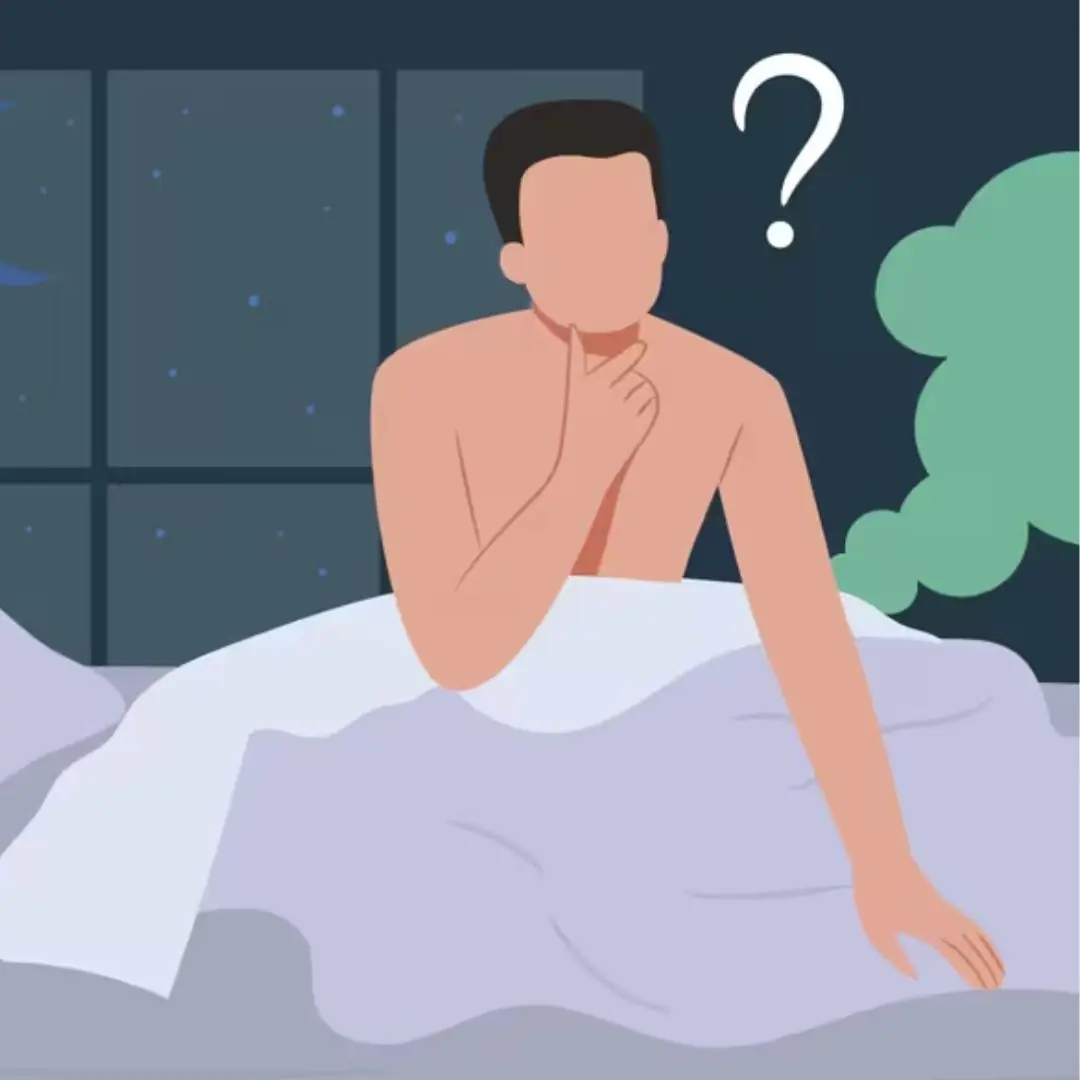
Gassier at Night? Here’s Why (and What To Do About It)

What is myasthenia gravis and what are its symptoms?
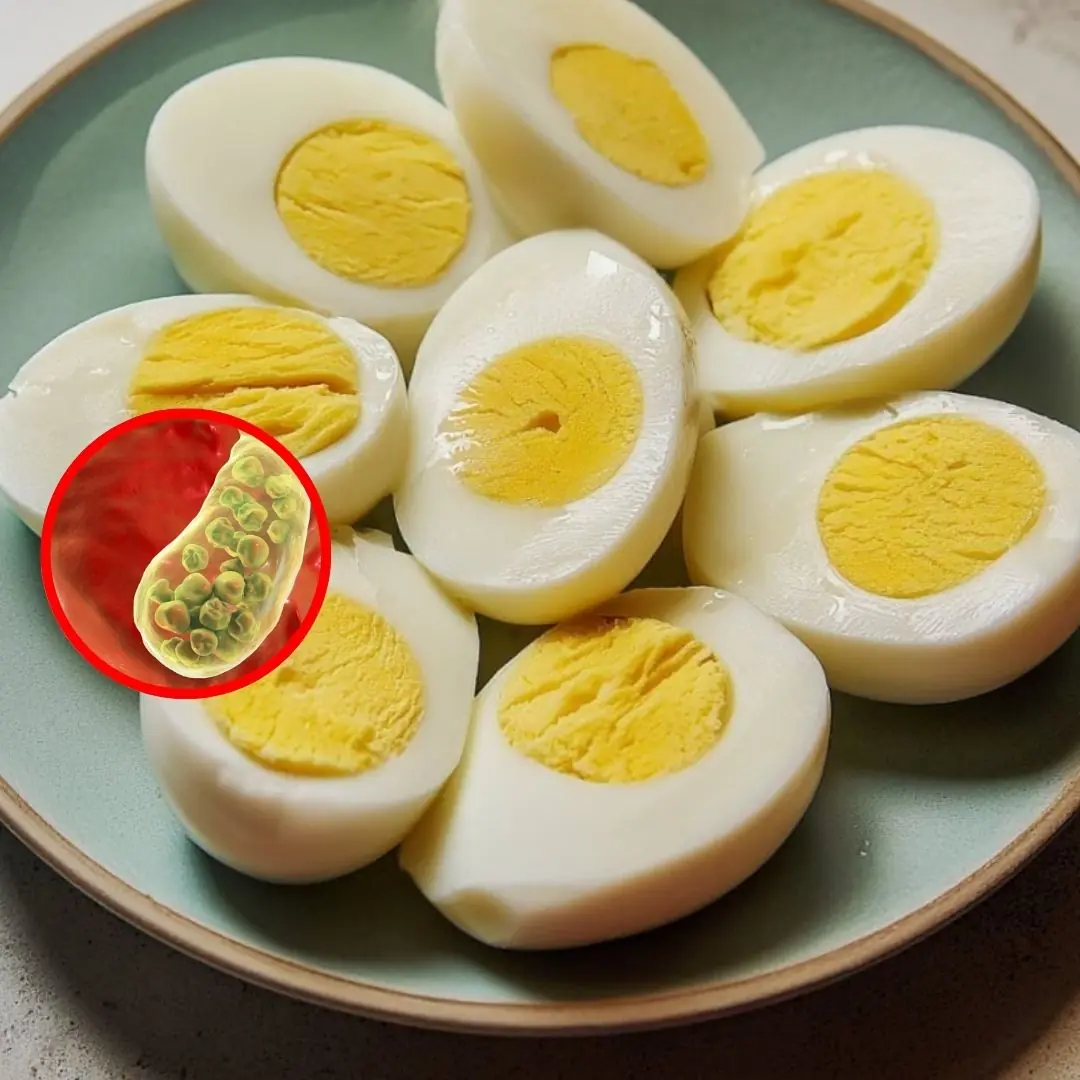
Eating chicken eggs is harmful to these 5 groups of people
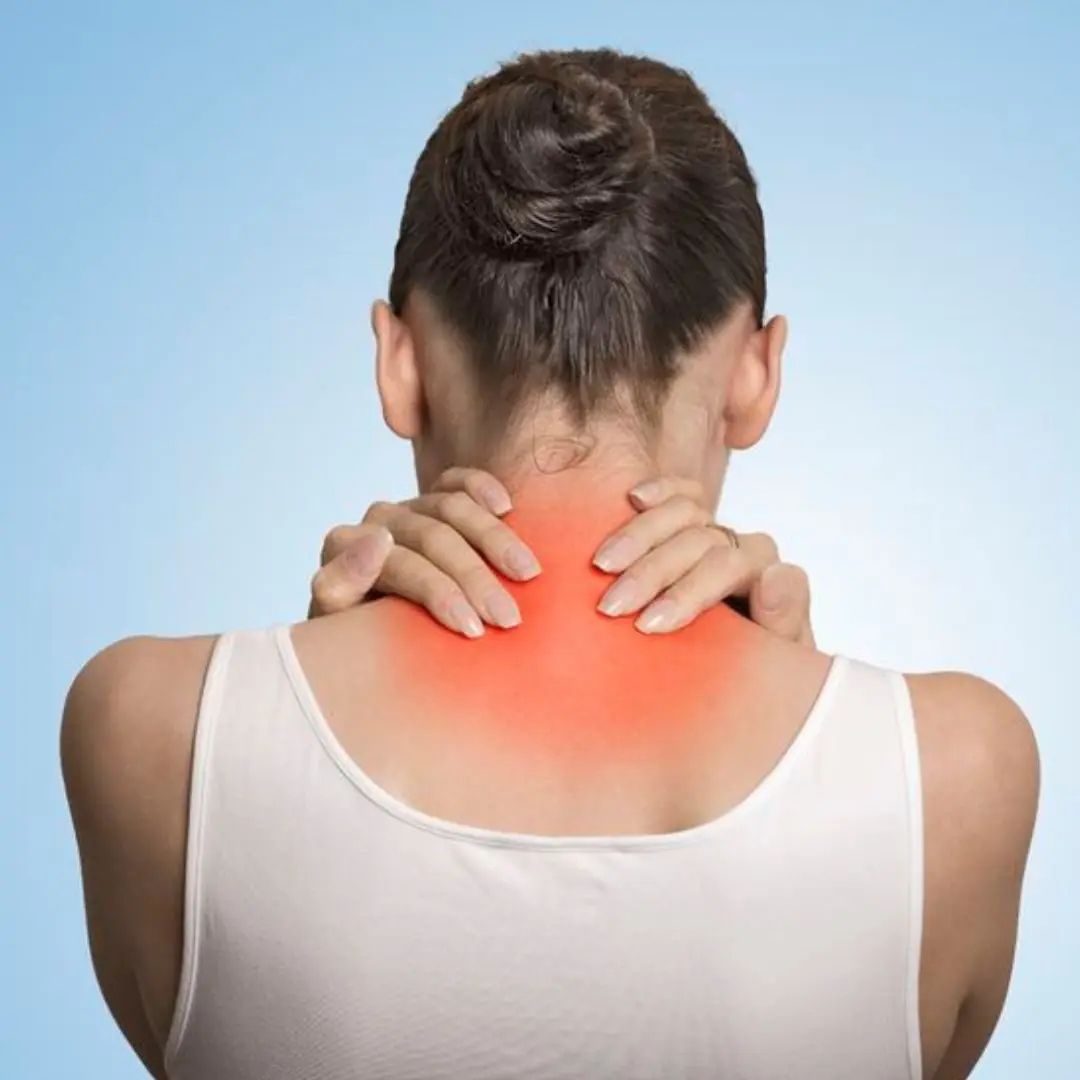
WARNING: These 3 signs on the shoulder are signs of malig:nant tum:ors, even can:cer, do not ignore them

4 Vegetables Easily “Treated” with Chemicals

The Part of the Pig Often Dismissed as “Dirty” and Thrown Away: Turns Out It’s a “Miracle Food” with 10 Times More Iron Than Meat

An 8-Year-Old Girl Complained of “Sto.mach Pain” Every Friday Afternoon
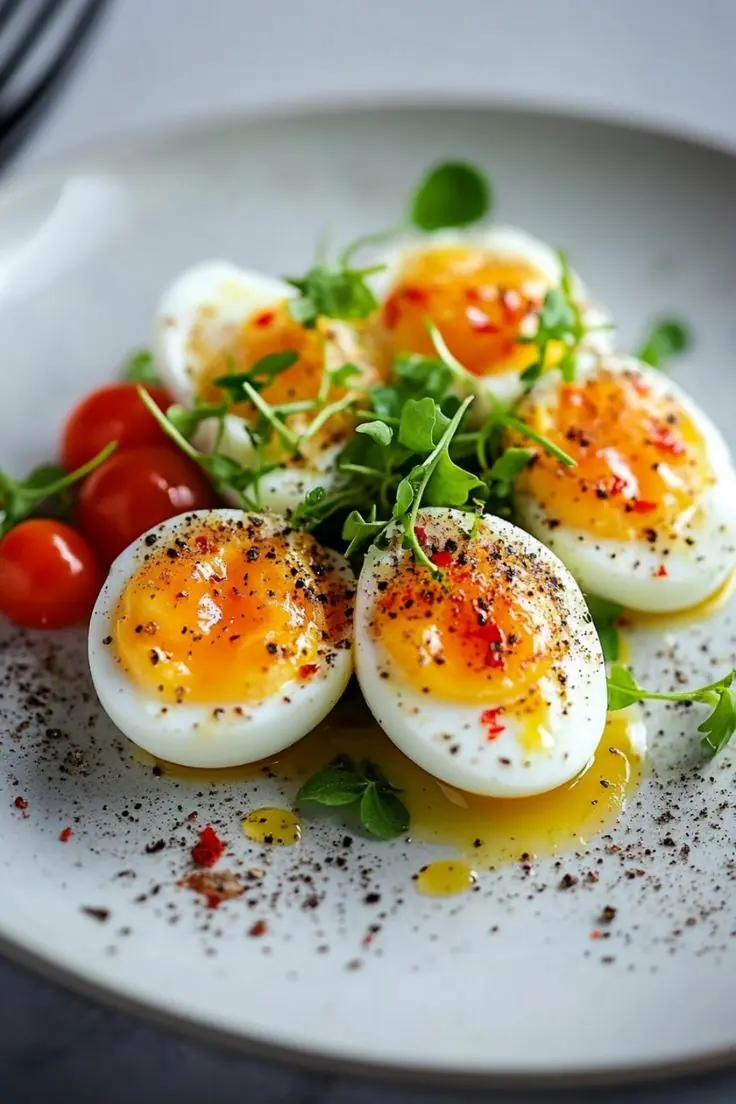
Eating Eggs Can Be Harmful for These 5 Groups of People: Better Stay Away!
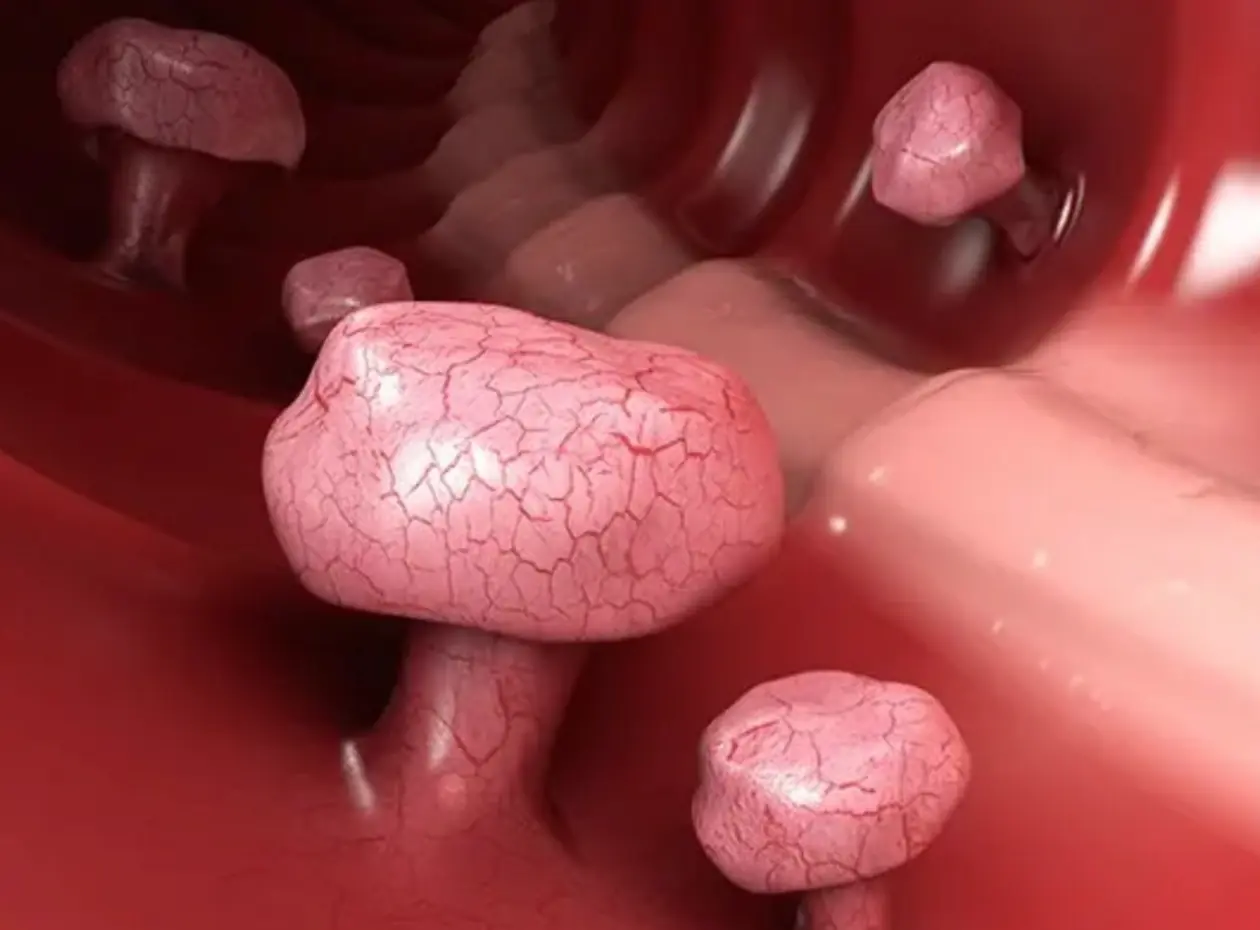
Early detection colon polyps: The key to effective can.cer prevention
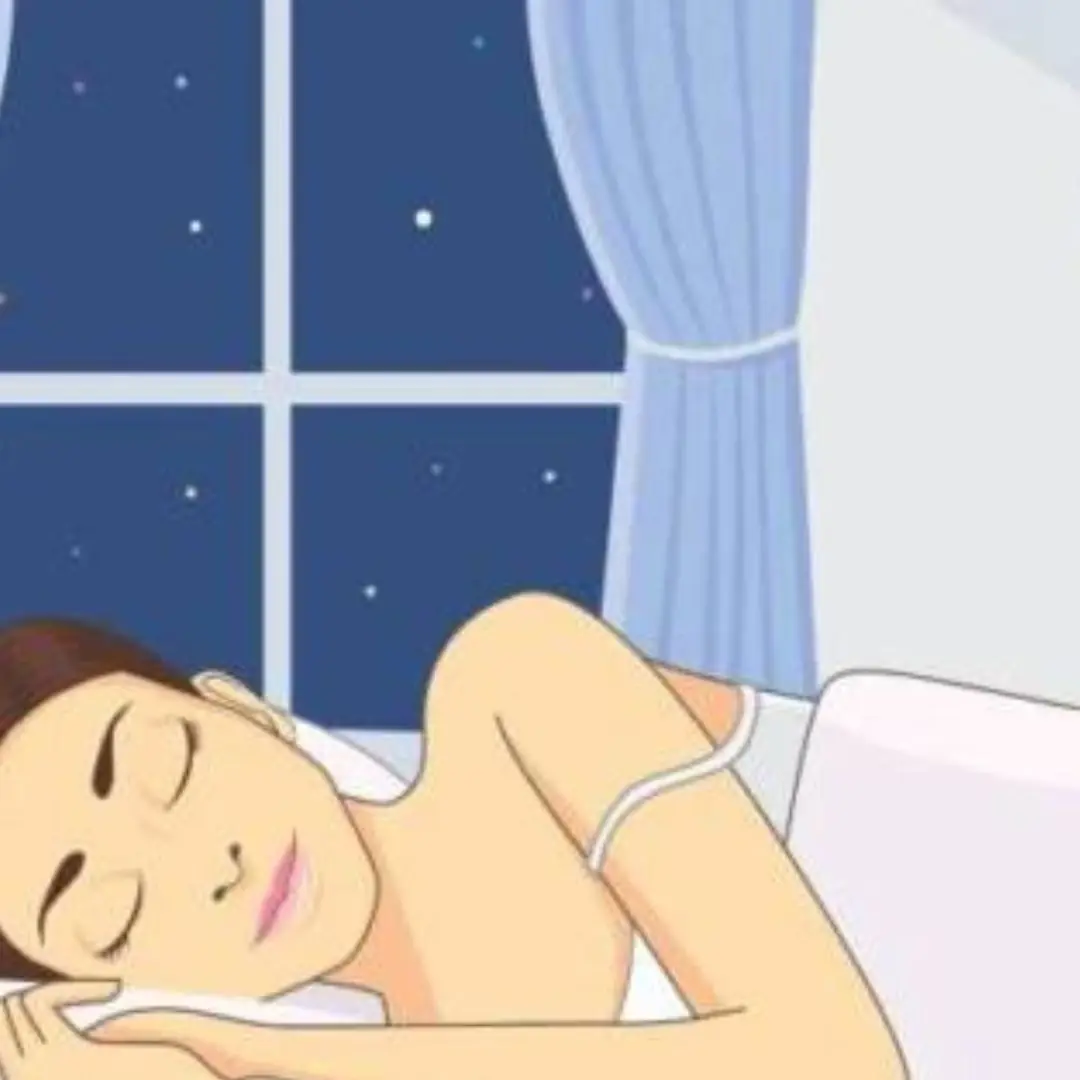
Think it’s harmless? The risks of wearing bras to sleep might surprise you
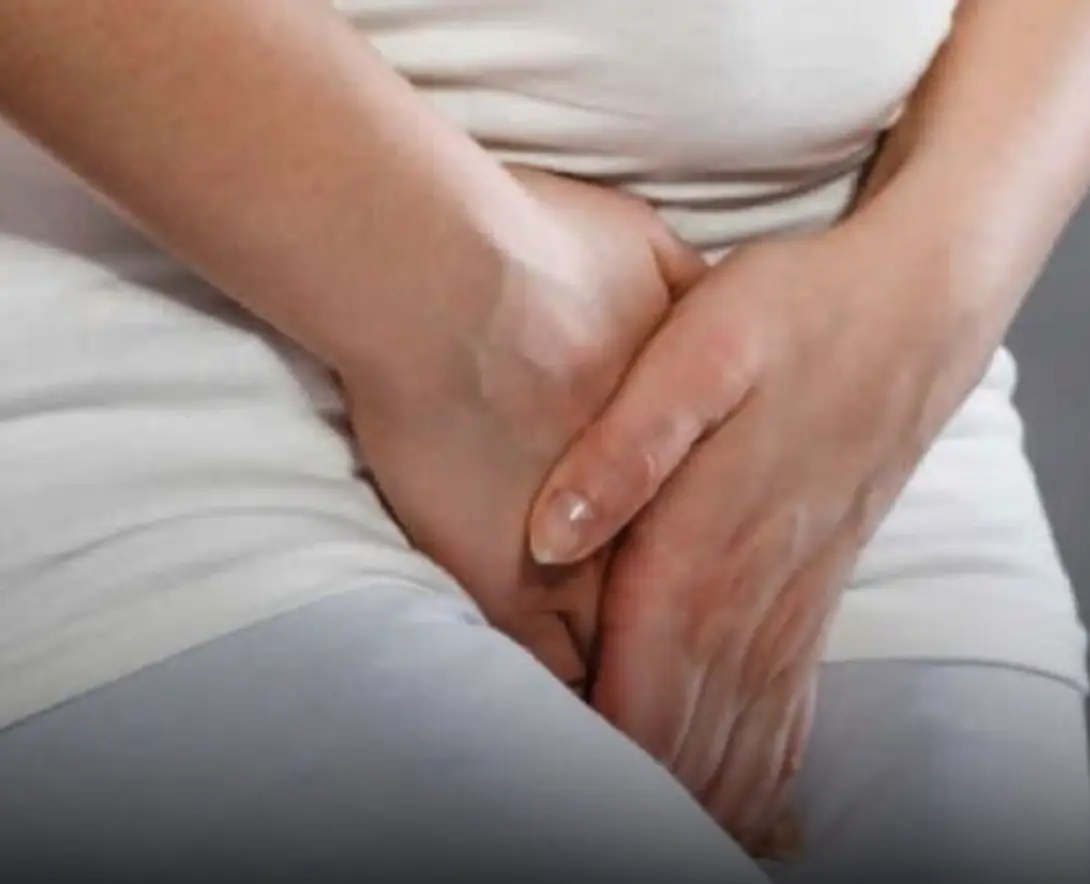
What dise:ase is gr.oin pa.in a symptom of?
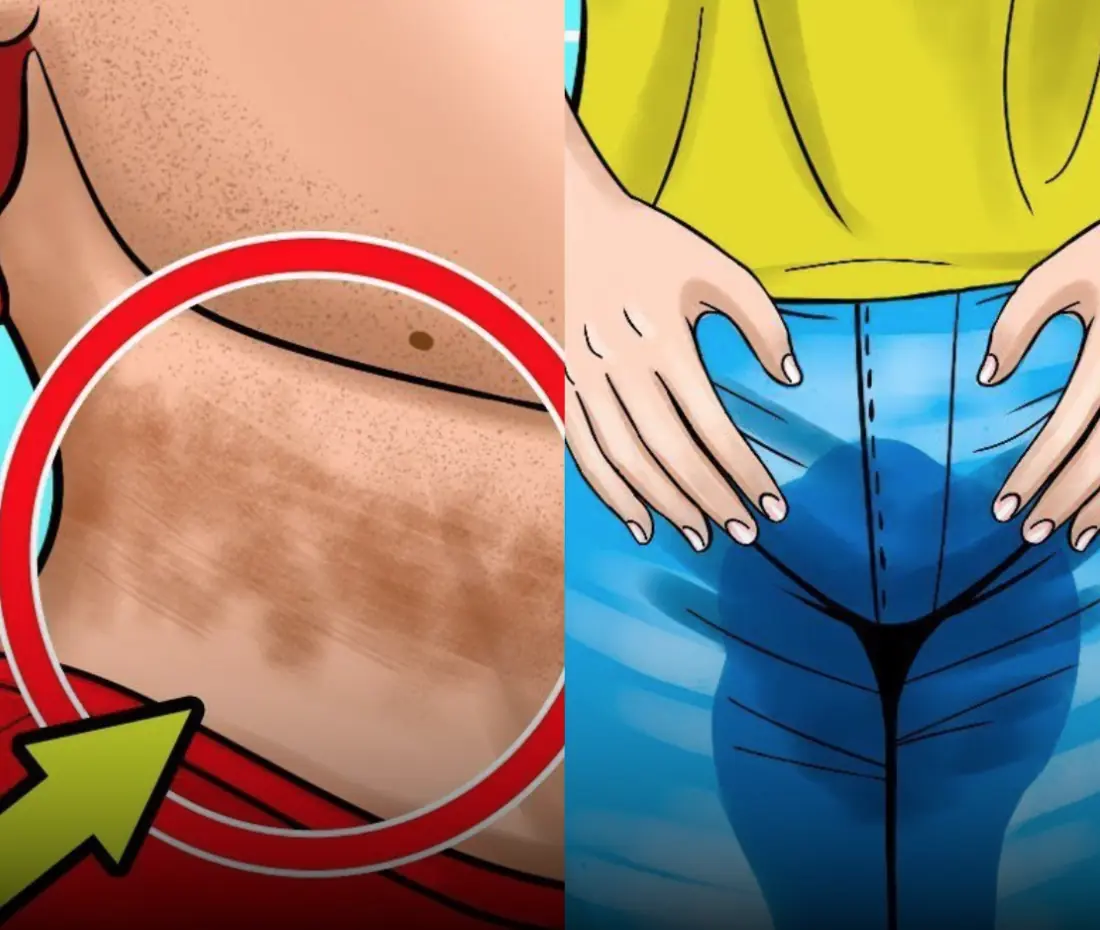
These 10 symptoms indicate latent diabetes
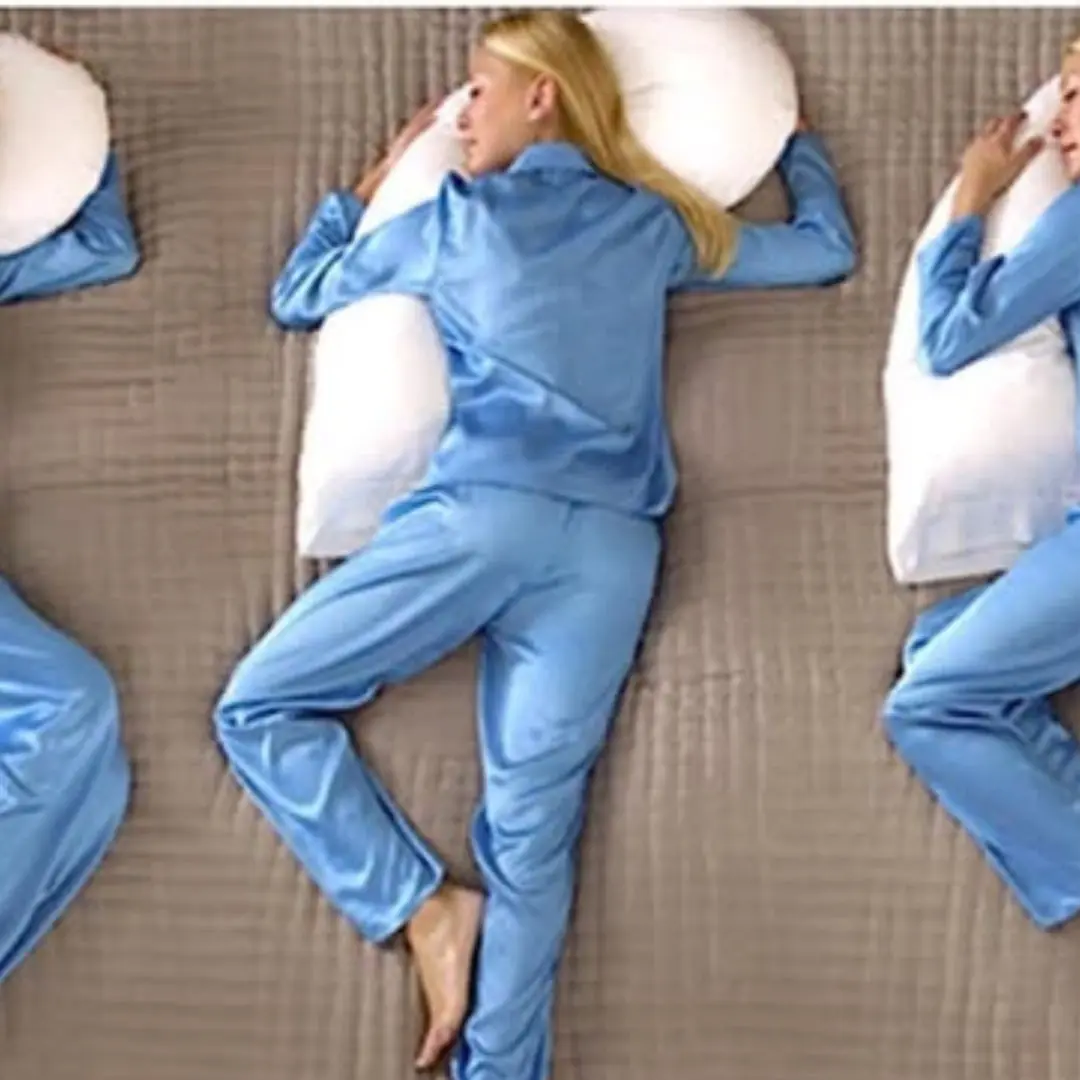
What sleeping on the left side does for our brain, stomach and lymphatic health
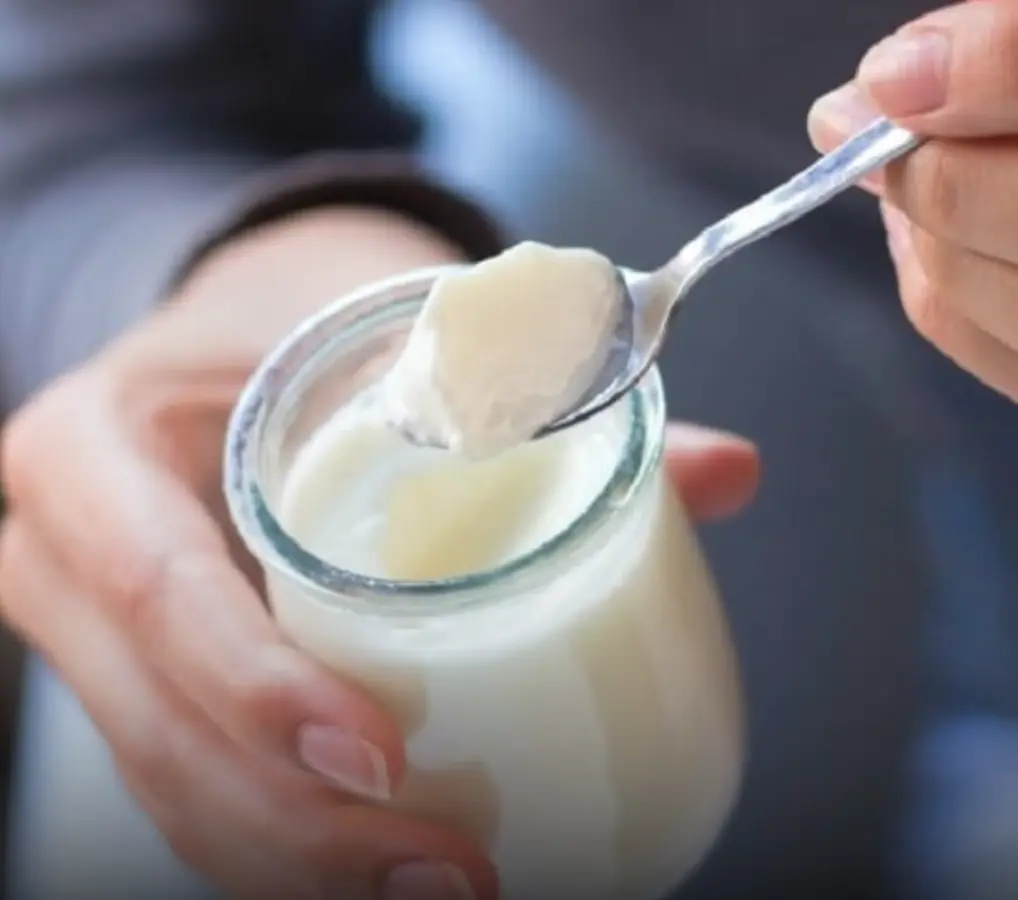
Eating yogurt with these 5 mistakes can bring more dis.eases into your body
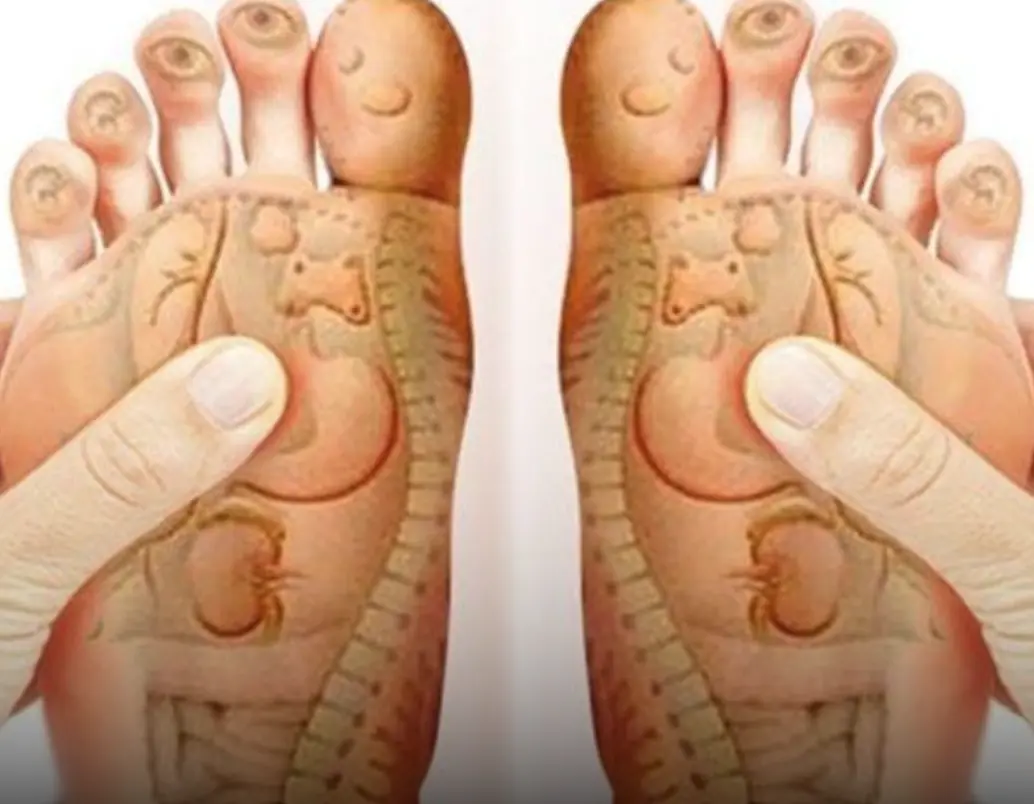
8 foot massage points that help relieve issues
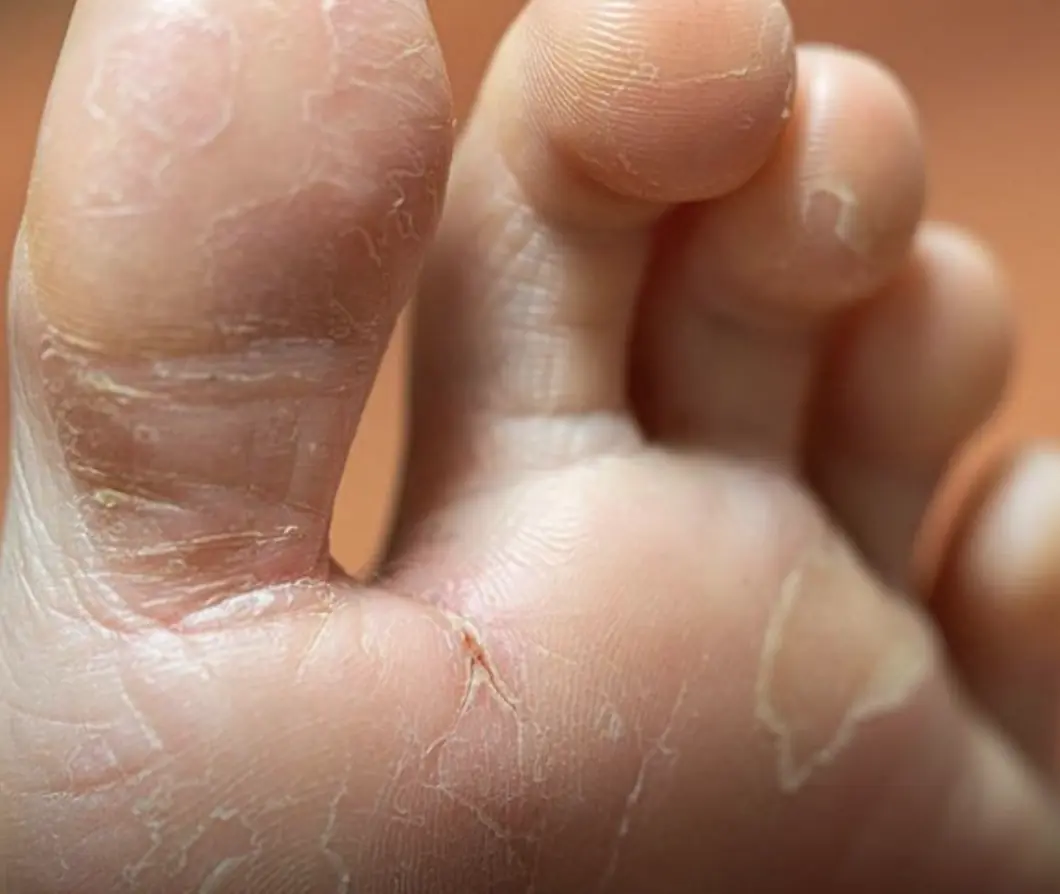
7 subtle symptoms that could signal serious health problems
News Post

If Veins Suddenly Pop Out on Your Hands

All The Things You Need to Know About Nighttime Urination And When To Start Worrying
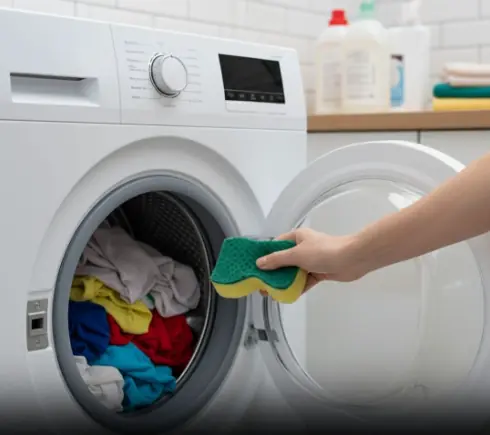
Don’t Throw Out Old Dish Sponges
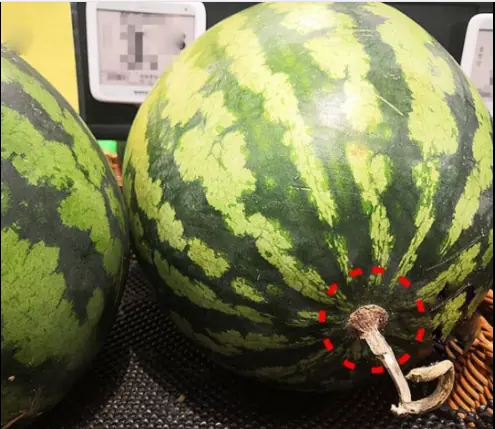
When buying watermelon, don't choose a big one.
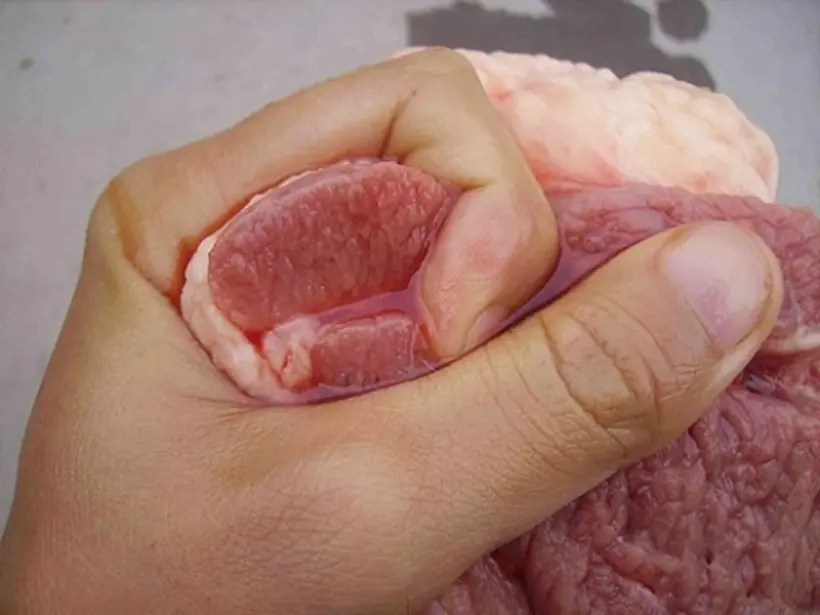
If You See Pork with These 4 Signs at the Market, Don’t Buy It No Matter How Cheap

Why Does Fish Often Smell Fishy? The Real Reason Many People Don’t Know
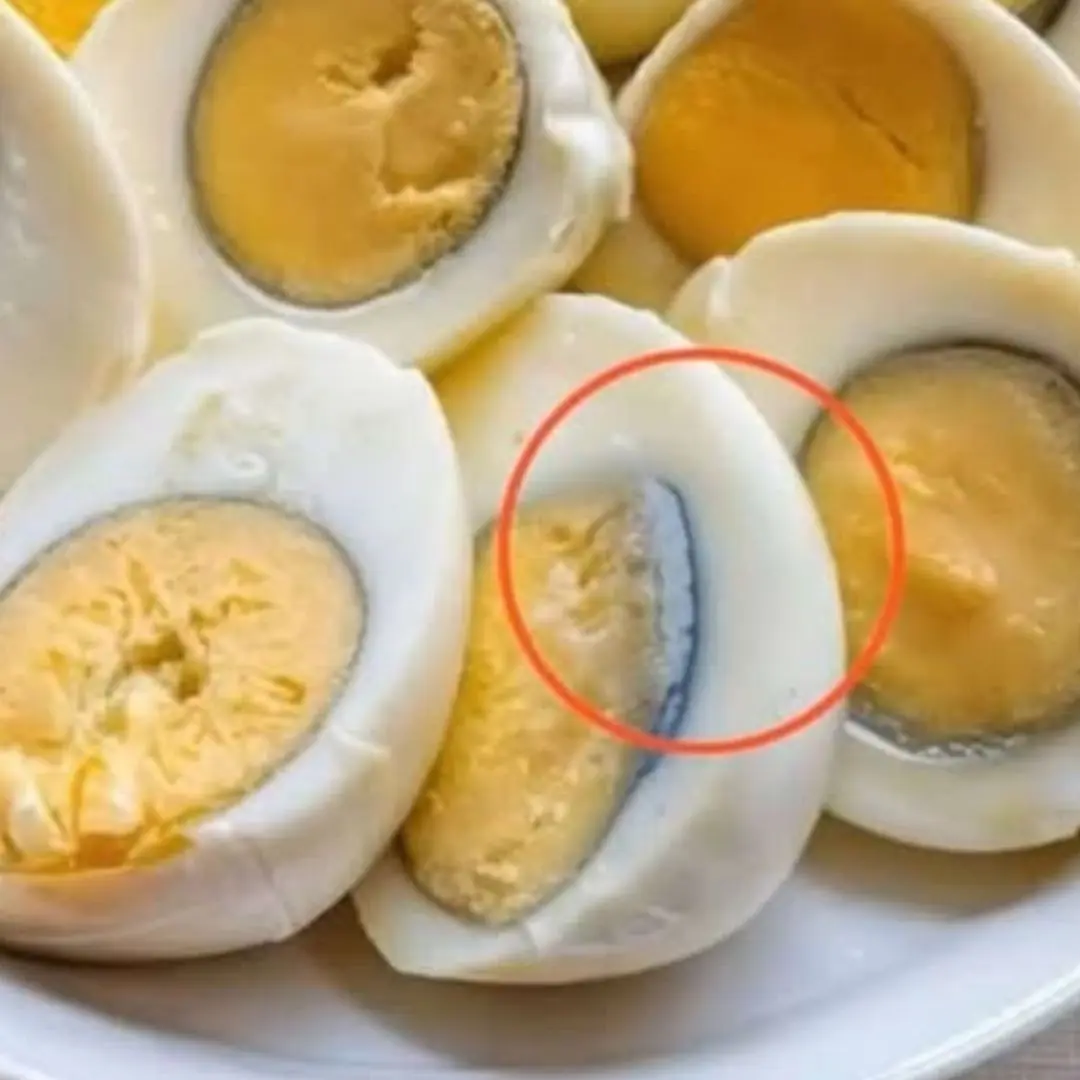
Ever noticed a greenish ring around an egg yolk? The explanation might surprise you...

Umbilical Hernia: Causes, Symptoms and Treatment

What happens if the gastric balloon bur.sts?

99% of people will throw away these 6 fruit peels when eating, but will regret it when they know their benefits

Top 2 types of seafood at the top of the list of microplastic contamination, but people still eat them every day

Gassier at Night? Here’s Why (and What To Do About It)

What is myasthenia gravis and what are its symptoms?

Eating chicken eggs is harmful to these 5 groups of people

WARNING: These 3 signs on the shoulder are signs of malig:nant tum:ors, even can:cer, do not ignore them

4 Vegetables Easily “Treated” with Chemicals

The Part of the Pig Often Dismissed as “Dirty” and Thrown Away: Turns Out It’s a “Miracle Food” with 10 Times More Iron Than Meat

An 8-Year-Old Girl Complained of “Sto.mach Pain” Every Friday Afternoon

Eating Eggs Can Be Harmful for These 5 Groups of People: Better Stay Away!
